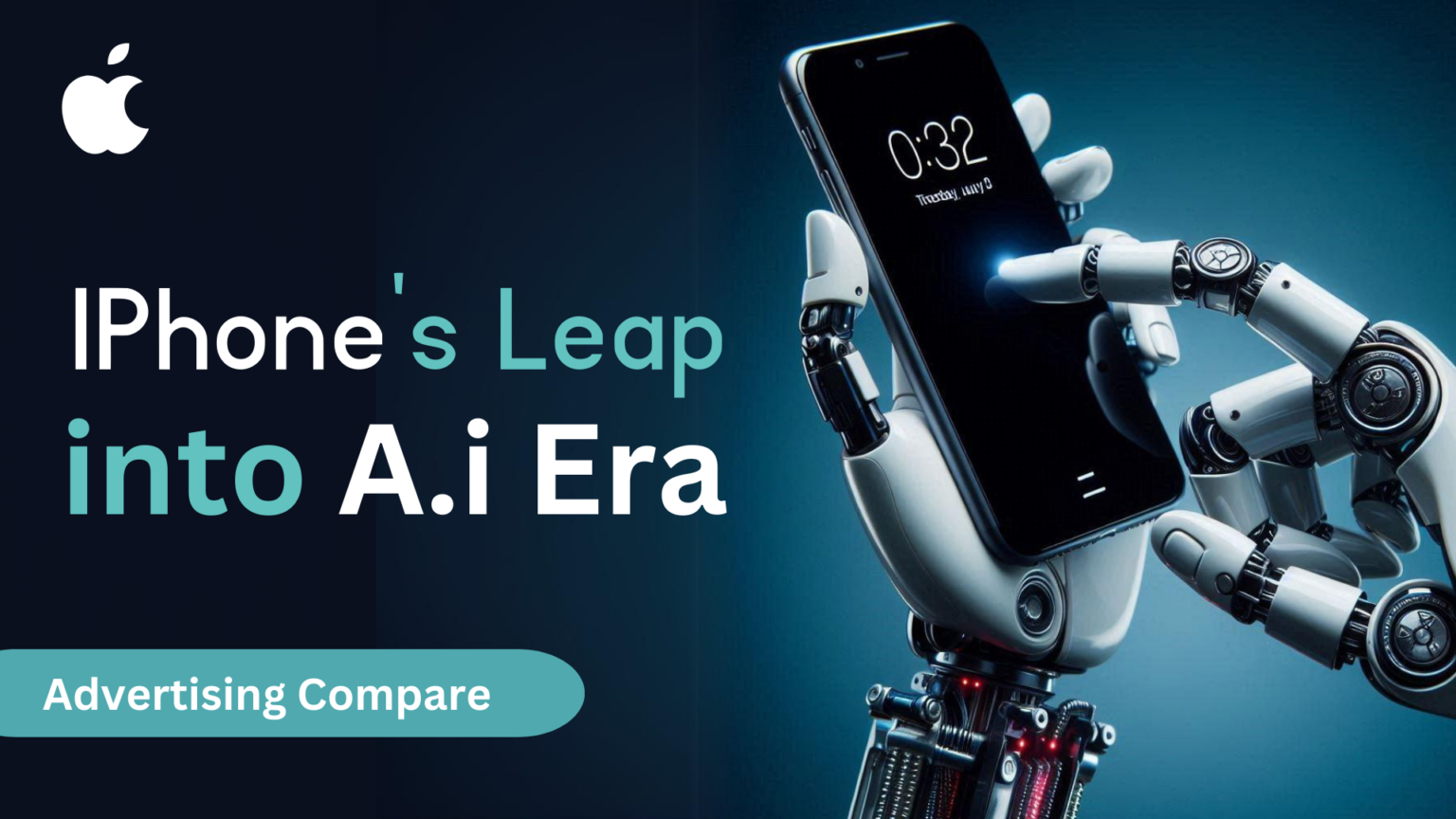With a move toward artificial intelligence, people’s ubiquitous iPhone is set to achieve unprecedented feats. These feats include the ability to generate personalized emojis instantly and enhance Siri, the device’s often naive assistant.
In order to enable a set of AI technologies that Apple thinks will make its flagship product even more necessary and reverse a recent sales fall, all four of Apple’s upcoming iPhone 16 models will be fitted with unique CPUs.
Apple’s upcoming iPhone with the help of Apple’s AI features
Apple’s upcoming iPhone with the help of Apple’s AI features, the frequently misbehaving virtual assistant Siri can become a more intelligent and useful sidekick. It can also automate a variety of laborious activities and perform other entertaining feats, like instantly producing personalized emojis.
The much-awaited upcoming iPhone 16, Apple’s AI features and models will be shown on Monday in an auditorium named for Steve Jobs, the co-founder of Apple, in Cupertino, California. Jobs famously showed off the first iPhone in 2007 and waved it around like a magic wand, declaring that it will transform society.
Since then, Apple has sold billions of iPhones, contributing to the creation of around $3 trillion in value for shareholders. However, the majority of the model updates over the last ten years have been small, which has discouraged customers from purchasing a new iPhone and contributed to a recent decline in sales of Apple’s flagship device.
Retail for iPhone 16
Apple CEO Tim Cook made a vow that the AI package will unleash “innovations that will make a true difference in people’s lives” after the presentation on Monday was met with a standing ovation.
However, Apple’s upcoming iPhone 16 models and its innovations won’t start as soon as the new iPhones, which will retail for between $800 and $1,200, arrive at Apple stores on September 20.
A free software update to iOS 18, the operating system that powers the iPhone 16, will include the majority of Apple’s AI features. This update will be available from October through December. According to Apple, U.S. English will be the primary language upon launch, but an update permitting other languages will be released the following year.
All of this is part of a new strategy that Apple unveiled three months ago at a developer conference in an effort to raise expectations for the upcoming iPhone generation in the midst of an unusual decline in sales of the popular gadgets.
Apple’s AI features Rivals like Google and Samsung have advanced their artificial intelligence (AI) research since Apple’s June presentation. AI is predicted to bring about the biggest shifts in computing since the original iPhone was released 17 years ago.
Similar to how Apple transformed smartphones from emerging devices into an essential tool for modern civilization, the Cupertino, California-based corporation is hoping to achieve a similar feat with artificial intelligence, which it has been a little slow to adopt.
The technology integrated into the iPhone 16 is being marketed as “Apple Intelligence,” an attempt to differentiate the company from the pioneers of artificial intelligence. Apple’s new strategy, despite the distinctive branding, is similar to many of the capabilities found in the Google Pixel 9 which was announced last month, and the Samsung Galaxy S24 which was released in January.
aiBy designing its AI so that the majority of its technological wizardry can be processed on the device itself rather than depending on massive banks of computers housed in distant data centers, Apple is attempting to uphold its longstanding commitment to privacy as it ventures into uncharted territory. Apple guarantees that any task requiring a connection to a data center will be completed in a strictly regulated manner to guarantee that no personal information is kept remotely.
Although securing shared personal data with Apple’s AI capabilities naturally lowers the likelihood that the information would be misused or exploited against the wishes of the user, it is not a 100% secure solution. For example, a gadget could still be lost or compromised by digital trickery.
Apple is partnering with OpenAI to enable customers to assign more complex tasks to the well-liked ChatGPT chatbot, providing access to even more AI tools than those provided by the iPhone.
To promote its on-device AI capabilities, Apple is offering a free version of its operating system; however, the processor required to power this technology is limited to the iPhone 16 series and the high-end iPhone 15 models that were released a year ago.
This implies that the majority of customers who want to benefit from Apple’s AI strategy would need to purchase an iPhone 16 model, a development that analysts predict will drive demand upward in the run-up to the holidays.
Apple’s stock price has increased by over 10% since the June developers conference, mostly because to the anticipated sales surge. On Monday, the price slightly increased after the shares originally declined after the unveiling of the newest iPhone models. Dan Ives, an analyst at Wedbush Securities, was so thrilled with what he witnessed on Monday that he made the prediction that Apple’s market value will cross the $4 trillion barrier for the first time next year thanks to the new AI iPhones. According to that estimate, Apple’s stock will rise by about 20% from its closing price of $220.91 on Monday.
Along with its most recent iPhone models, Apple also unveiled the Air Pods Pro, the company’s next generation of wireless headphones, which will soon receive the software that will allow them to be used as hearing aids and a new version of its smartwatch that will contain a feature to assist detect sleep apnea.

